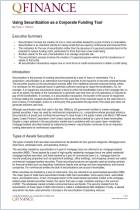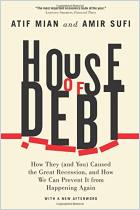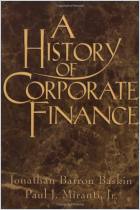
Read or listen offline
Amazon KindleRecommendation
Editors Leon T. Kendall and Michael J. Fishman adapted these first-hand accounts of the early years of the securitization industry from a lecture series at the Kellogg School of Management. The contributions from financial service pioneers are the book’s greatest strength. They elucidate the economic and regulatory forces that made securitization a powerful, versatile financial tool. Each chapter stands alone, but the book does not follow a linear narrative. Caveat lector: these lectures were given in 1994, so the sections on current trends and future expectations are out-of-date. Hence, this primer doesn’t cover massive changes in financial regulation, an explosion in the types of asset-backed securities (ABSs), the popularity of derivatives or off-balance-sheet accounting to hide fraud. getAbstract.com suggests this book for those entering the financial services industry or for those who need background history. This does not tell you how today’s capital markets work, but it is an illuminating eyewitness account of yesterday’s.
Summary
About the Authors
Leon T. Kendall, professor emeritus of finance and real estate at Northwestern University’s J. L. Kellogg Graduate School of Management, is an economist with 30 years of experience at the Federal Reserve and the New York Stock Exchange. Michael J. Fishman is chair of the Finance Department and an editor at The Review of Financial Studies.



















Comment on this summary or Начать обсуждение